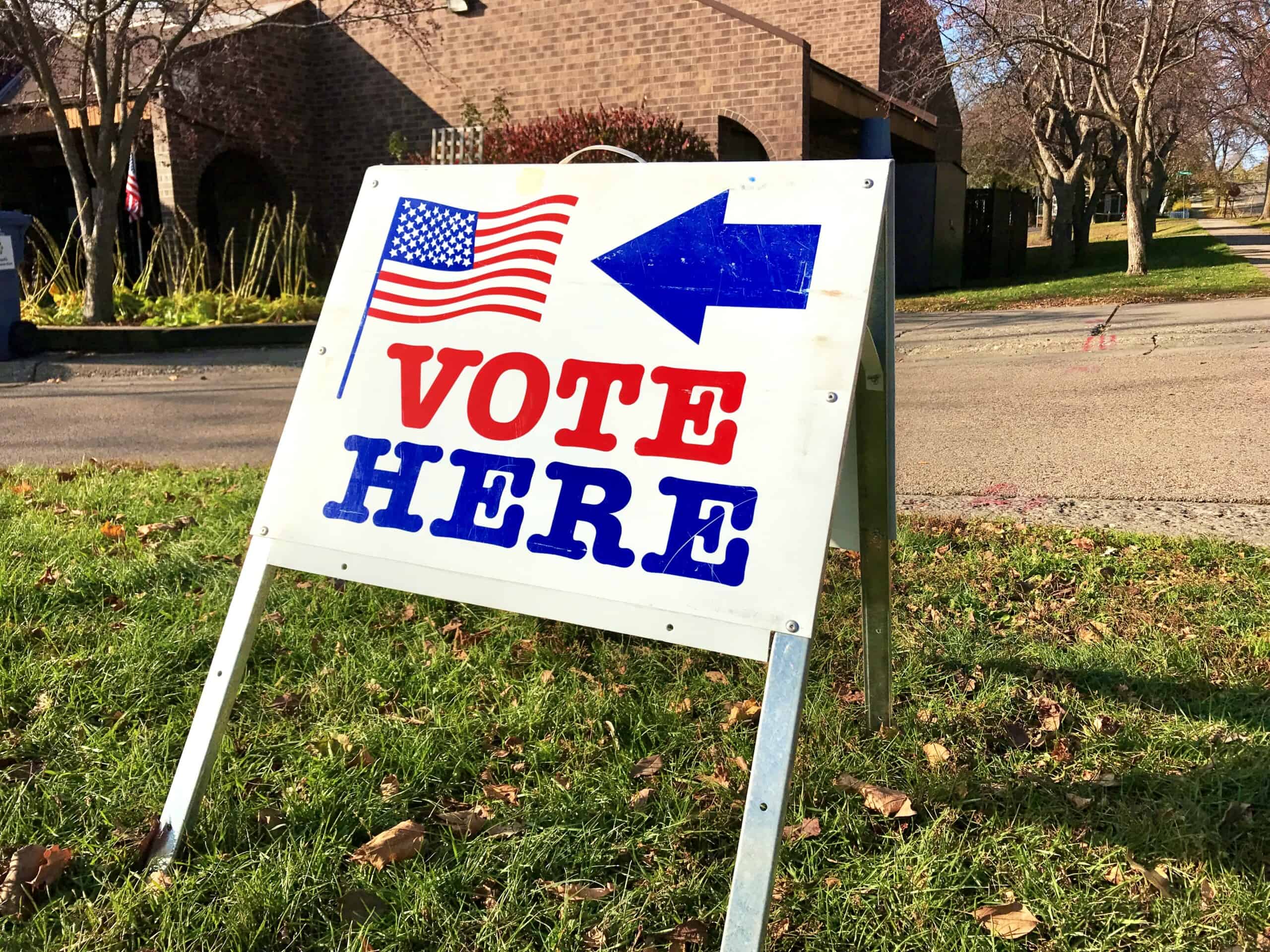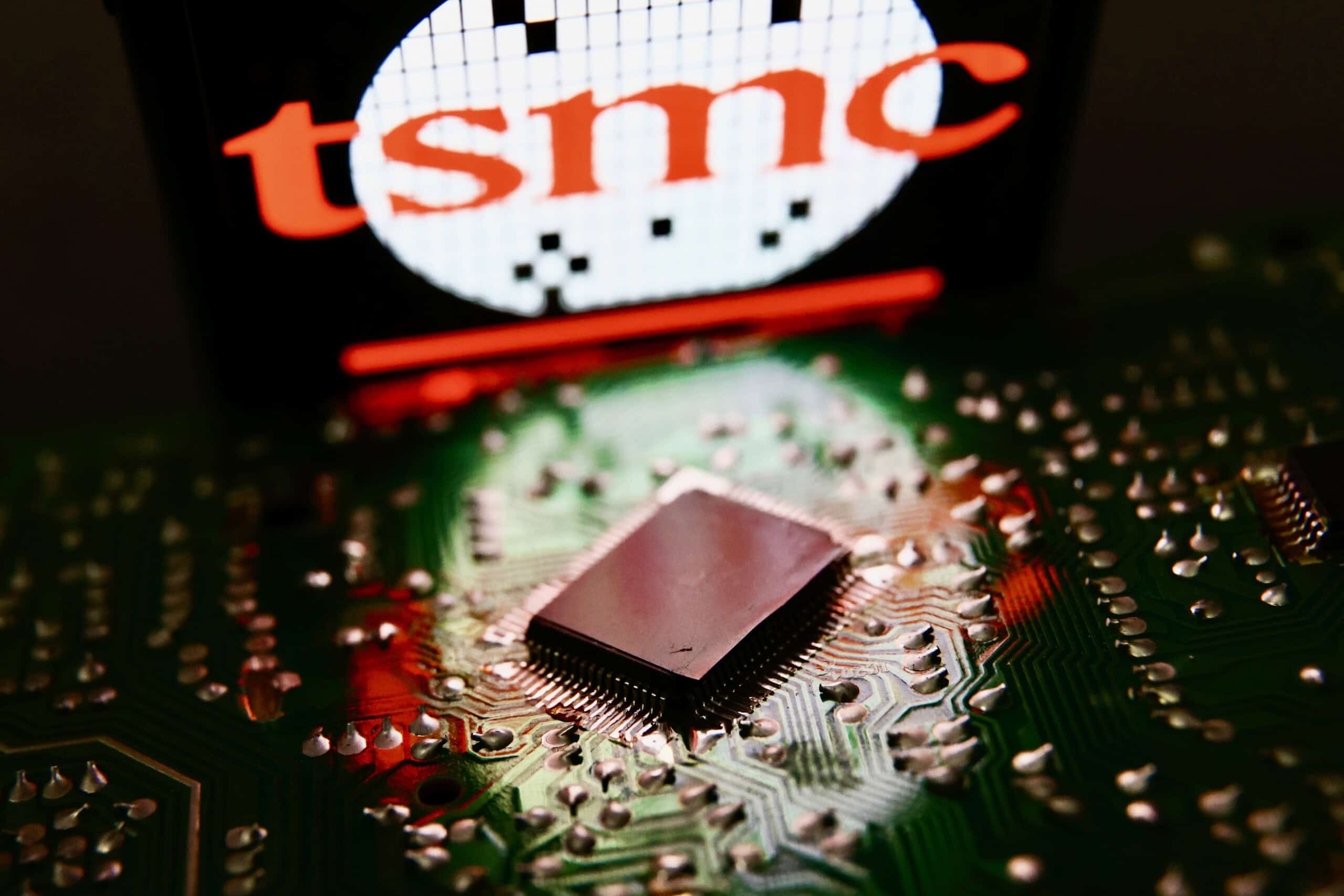
As he delivered remarks on a warm Michigan day earlier this month, Republican Presidential nominee Donald Trump observed something mostly true about his impact on American foreign policy. “Before I came along, nobody talked about China,” he said in an October 10 speech at the Detroit Economic Club.
Trump discusses imposing tariffs on China during a rally in Ohio, March 16, 2024. Credit: C-SPAN
Democrats and Republicans alike had talked about China during political campaigns before, but Trump’s focus on trade issues with the country in 2016 helped define the presidential campaign and presaged the largest shift in the U.S.-China relationship in decades. Yet with Trump again on the Republican ticket eight years later — and a trade war started by Trump still brewing — China feels far from the electoral limelight.
“The trade issue still matters, but not as much as in 2016,” says Xiaodong Fang, a political scientist who studies anti-China rhetoric in U.S. presidential campaigns.
Trump, for his part, is still the candidate who has brought China up most regularly. He mentioned the country hundreds of times in October remarks. His focus this time around, though, has expanded from trade issues — on which he now frequently mentions the auto industry — to include repeated references to the coronavirus and his relationship with Chinese President Xi Jinping.

The Democratic nominees, Kamala Harris and Tim Walz, have scarcely mentioned China in this truncated election year, even as the Joe Biden administration continues to roll out its China policy. Harris said the word “China” in public remarks less than a dozen times in October, mostly using a variation of the same line, according to White House transcripts of her official statements, speeches, and press interviews.

Walz has barely mentioned the country at all, despite leading more than a dozen trips there in the 1990s and 2000s as a teacher of American high school students. Those trips briefly seized headlines after news emerged challenging Walz’s account of being in Hong Kong during the 1989 Tiananmen Square massacre.

For sure, U.S. presidential campaigns almost always emphasize domestic over international issues, especially in their final months. And with migration surging at the Southern border and wars raging in Europe and the Middle East, China is not at the forefront of the everyday American’s foreign policy consciousness. In April, less than half of Americans polled by the Pew Research Center said “limiting the power and influence of China” should be a top priority for U.S. foreign policy.

China doesn’t fit neatly into Democratic messaging this cycle, which emphasizes moving the nation forward, says Fan Yang, a professor at the University of Maryland, Baltimore County who studies how China is represented in U.S. media and politics. “There’s an emphasis on marching along this temporal frame, whereas the Republican messaging is still very much about a national space that needs to be protected,” she says.
However, effectively casting China as an economic bogeyman still translates to improved political performance with manufacturing communities in the midwest swing states, Fang, the political scientist, says. Indeed, candidates from both parties in states such as Michigan and Pennsylvania have used China as an attack line in campaign ads. But in the presidential race, Trump and Vance have done so far more prominently.


Noah Berman is a staff writer for The Wire based in New York. He previously wrote about economics and technology at the Council on Foreign Relations. His work has appeared in the Boston Globe and PBS News. He graduated from Georgetown University.



